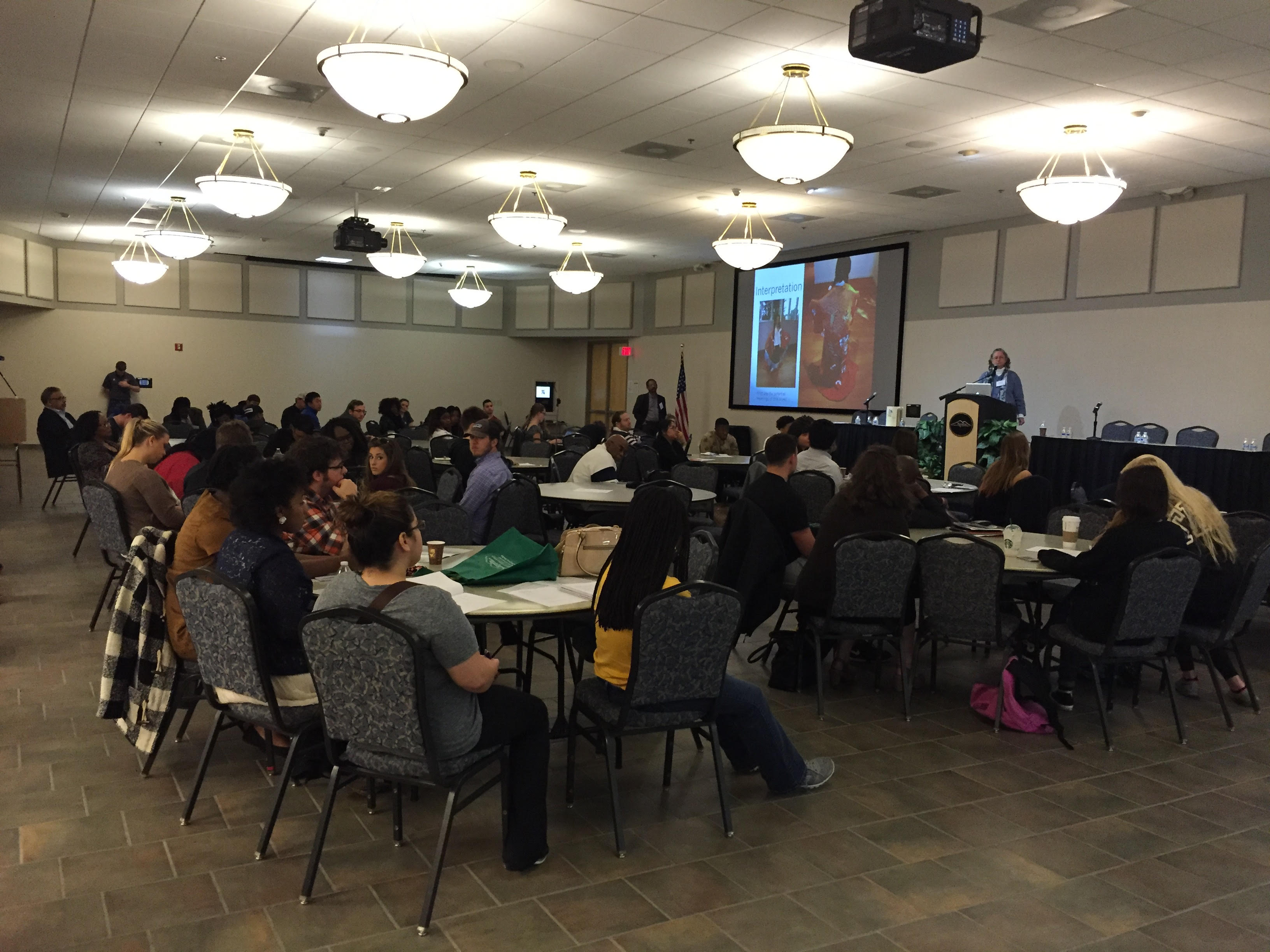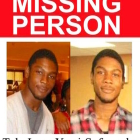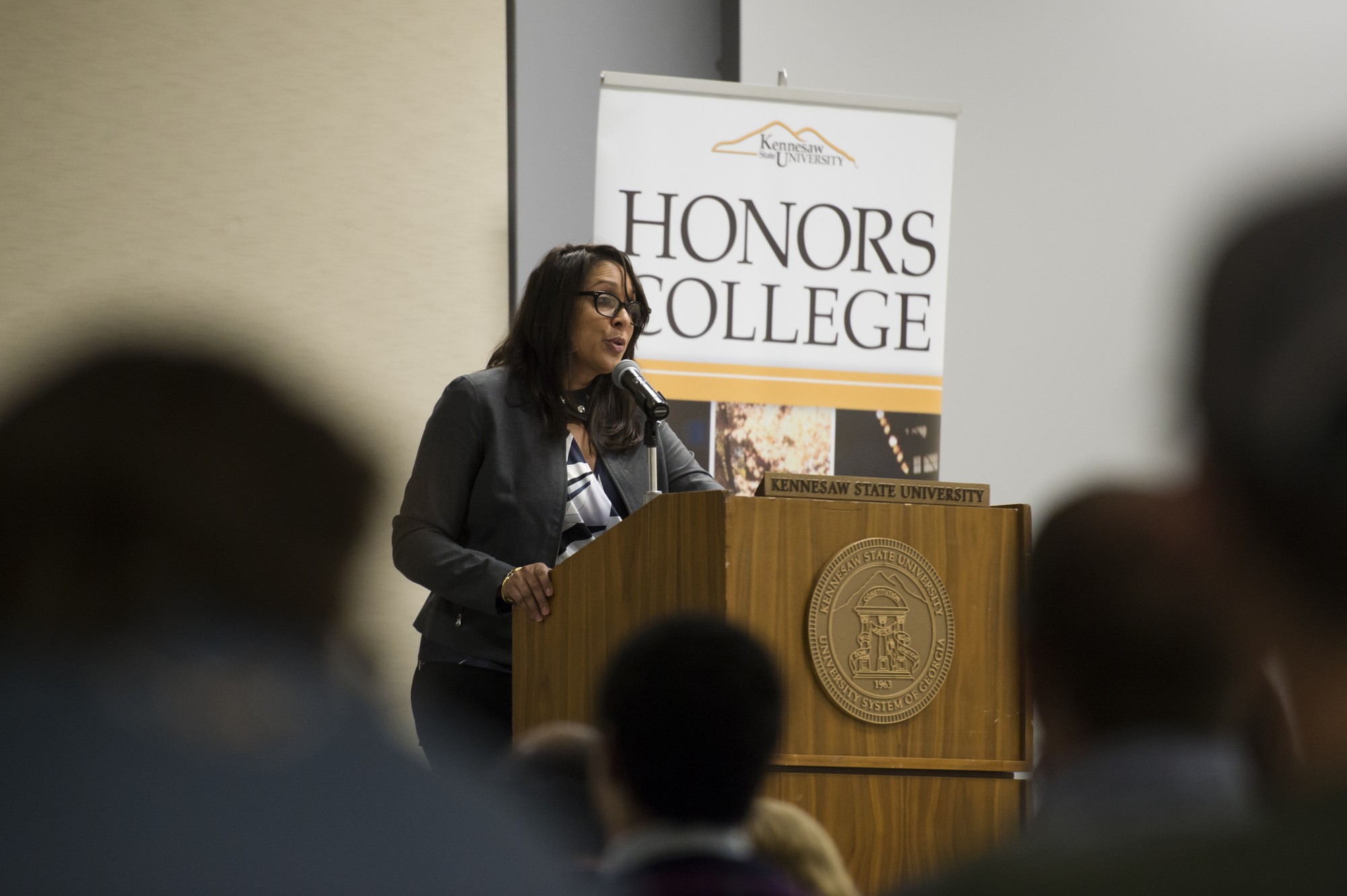Scholars and activists from around the globe gathered at Kennesaw State University on Oct. 28-30 to discuss the past and present universal struggles of humanity at the International Summit on Civil and Human Rights.
The conference was timed to coincide with the 50th anniversary of landmark events of the American Civil Rights Movement, and followed the themes of remembrance, reconstruction, re-aggregation, re-envisioning, and reinventing.
Hank Klibanoff, Pulitzer Prize-winning author and professor of journalism at Emory University, and Dr. Souleyman Bachiner Diagne, award-winning author and professor of philosophy at Columbia University, gave the keynote addresses.
Klibanoff and Diagne were joined by numerous speaking panels that discussed the role of the individual, the press, the economy, the literature, and the art of a society in shaping civil and human rights worldwide.
The conference also included musical performances by both The Georgia Spiritual Ensemble and Laurence Sherr. KSU Theatre and Performance Studies students rounded out the artistic offerings by performing the award-winning play “Night Blooms,” written by Senior Lecturer Margaret Baldwin.
The KSU Museum of History and Holocaust Education provided a powerful setting for the conference. It served to remind listeners of past struggles of the human race, and to warn them of the dangers that remain at large today.
Dr. Oumar Cherif Diop, associate professor of post-colonial literature, said, “We have to be aware of what is going on. We are repeating history in a sense. We have new victims, and people are sitting back.”
One of the main purposes of the conference was to bring awareness to the KSU student community of various crimes against humanity that may fall under their radar.
“When we talked about this to our students in the classrooms, it’s like, ‘oh, this old stuff, you know, Martin Luther King and all of that stuff, all of these issues have been resolved,” Dr. Nuru Akinyemi, director of the Center for African and African Diaspora Studies at KSU, said. “But as we can see from some of the presentations today, police brutality is still continuing.”
Another issue addressed by the conference was the restructuring of the definition of civil and human rights into a more inclusive phrase.
Akinyemi continued, “There are real issues of civil and human rights, you know, marriage equality, gay rights, children’s issues, gender issues, human trafficking, all of those issues…that people don’t think about when they think about civil and human rights.”
A recurring point of the summit was that there is a communication breakdown between different groups, which results in deep misunderstanding. Ultimately, this misunderstanding has great potential to breed hate and violence.
Mazida Khan, professor of Peace Studies and Interdisciplinary Studies, said, “We don’t have honest conversations on our differences, and we avoid these conversations because we don’t know how to have them in a constructive, compassionate, and productive way.”
“I really believe that the way forward is for us to learn non-violent communication, peaceful communication,” she continued. “Why not take an undergraduate degree as an opportunity to learn the skills?”
Barret Hayes, a senior management major, agreed with the conference’s stance on communication.
“I believe it’s important to understand social issues from all sides, and a critical component of that process is open discussion of the challenges facing our society,” Hayes said.
The conference stressed to the students that it is never too early in life to make a difference, and that many of the panelists began their groundbreaking work when they were college students themselves.
Akinyemi left students with a powerful message when he said, “We can’t just throw up our hands and say, ‘What can I do? I’m just one person. I’m just a college student.’ Martin Luther King, when he was assassinated, was only in his thirties.”
He continued, “Yes, this happened 50-60 years ago, but there are still issues around today that are just as important that we can start doing something about.”





